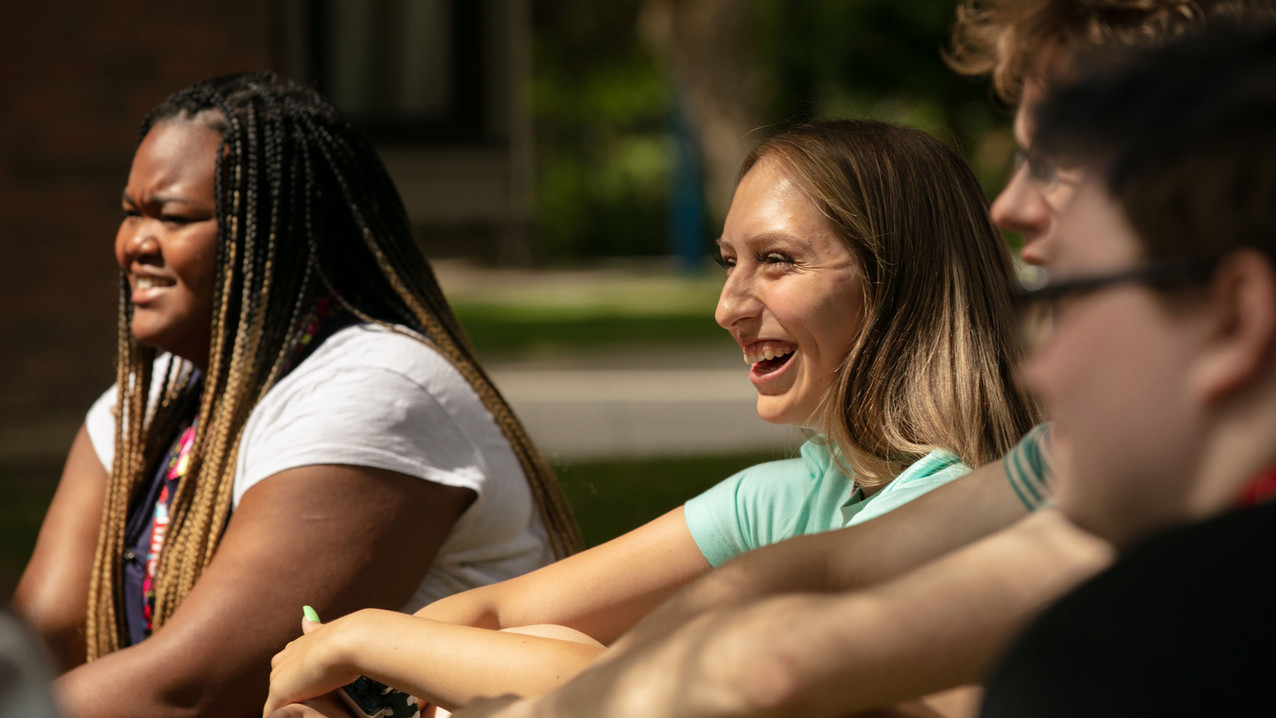
Student Rights
Good Samaritan Amnesty
CWU Amnesty Practice
Central Washington University is dedicated to the health, well-being, and safety of the university community. There may be times when individuals, both on and off campus, will be in critical need of assistance from medical or other professional personnel, particularly for alcohol or drug-related medical concerns. In these situations, students are encouraged to seek immediate medical assistance for themselves and others. Central will consider the positive impact of seeking assistance in these situations when determining an appropriate response, as such students in these situations may not be subject to the formal student conduct process
Central Washington University encourages the reporting of sexual misconduct. Sometimes individuals are hesitant to report to university officials because they fear being held accountable for policy violations or other prohibited behavior(s), such as alcohol or drug use at the time of the incident. To encourage reporting, any individual, including the complainant, a witness, or a third-party reporter, will be eligible for amnesty, whenever possible. Amnesty will be applicable for personal violations of university policy at or near the time of the incident, providing that any such violations did not harm any other person or place the health or safety of any other person at risk.
Washington State Good Samaritan Laws
Washington State has a Good Samaritan law in place with the intent “to save lives by increasing timely medical attention to drug overdose victims through the establishment of limited immunity from prosecution for people who seek medical assistance in a drug overdose situation” (69.50.315)
RCW 69.50.315 states
Medical assistance—Drug-related overdose—Prosecution for possession.
(1) A person acting in good faith who seeks medical assistance for someone experiencing a drug-related overdose shall not be charged or prosecuted for possession of a controlled substance pursuant to RCW 69.50.4013, or penalized under RCW 69.50.4014, if the evidence for the charge of possession of a controlled substance was obtained as a result of the person seeking medical assistance.
(2) A person who experiences a drug-related overdose and is in need of medical assistance shall not be charged or prosecuted for possession of a controlled substance pursuant to RCW 69.50.4013, or penalized under RCW 69.50.4014, if the evidence for the charge of possession of a controlled substance was obtained as a result of the overdose and the need for medical assistance.
(3) The protection in this section from prosecution for possession crimes under RCW 69.50.4013 shall not be grounds for suppression of evidence in other criminal charges.
*Last updated Fall Quarter 2022
CWU News

CWU women’s rugby team earns six All-American selections
May 13, 2024
by University Relations

CWU Board of Trustees to Convene this week
May 13, 2024
by University Relations